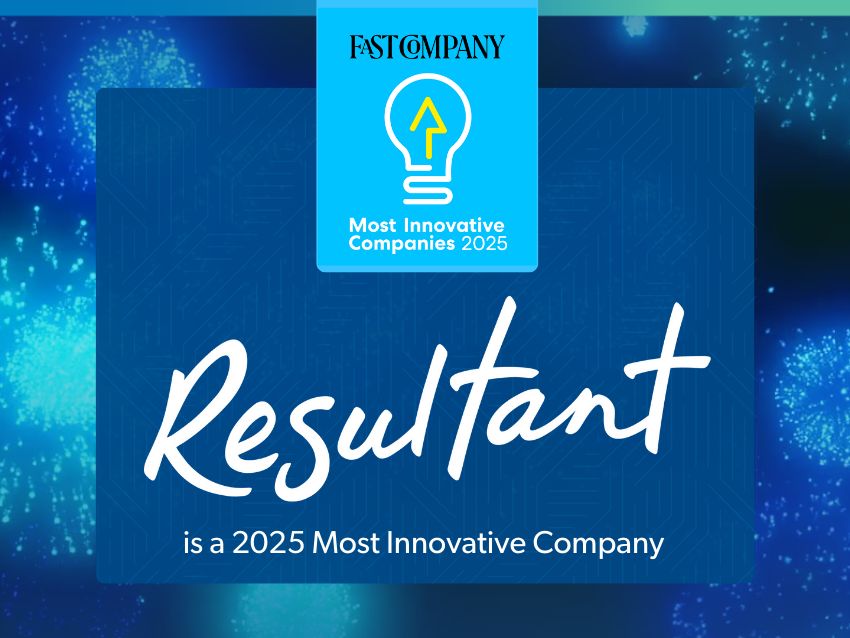Early in my corporate career, I learned the value of starting small—or, as my technology colleagues call it, creating a minimum viable product (MVP). That approach can sound like the easy way out, but it brings big benefits: You have more chance of solving any large problem if you start by solving a small problem within it. What’s more, after you actually dig into finding that solution, you understand your problem better and can use what you know to improve and keep chipping away at the big-picture issues.
As a finance professional and technology consultant, I’m bombarded with articles, ads, and posts about AI, RPA, and digital transformation. I live in that world, but I suspect the potential of these solutions gets lost in the buzzwords for people who don’t. If I’m an accounting manager challenged with closing my books on time, or a controller challenged with providing my management team with more accurate and timely financial statement analysis, how can I use these ideas today without disrupting my day-to-day operations?
Take them one step at a time. Automate what you can right now and then see where that path leads you.
Take a fresh look at what’s on hand
No matter which ERP, accounting system, or business system you use, that solution has automation capabilities. Chances are good that you have a lot of room to take further advantage of those capabilities.
If, for example, you’re exporting all of your financial statements to Excel at month-end, try producing the statements directly out of your ERP. It won’t be an exact replica of what you’ve created previously, but it’s worth pushing your management team to adapt so that you can produce reports more efficiently.
Accounting close is another area where automation can go a long way. Spend some time thinking about all the journal entries you create each month, and challenge yourself to automate their entry into the ledger via memorized transactions or auto-upload. And you can go further: Think about why you’re making each journal entry in the first place. Could it be created by the accounting package via a business transaction?
Automation speeds up accounting close and eradicates errors arising from manual reporting. You get more reliable information faster so you can make better decisions and focus on the future. And that’s from just one easy-to-implement shift in how you use the technology you have available today.
Think small for big impact
Your business is uniquely yours, as are your challenges. I can’t pretend to solve your problems from afar, but I do engage every day with financial professionals who know they need better processes and get overwhelmed by what that might mean. When what you do affects every aspect of the business, change becomes much more daunting. Taking the MVP approach gives you quick wins and greater clarity fast.
Before you get caught up in looking at digital transformation, artificial intelligence, and robotic process automation as major undertakings, take a fresh look at the tools and applications you use now.
Small changes can make a big impact without turning your business upside down. Start by starting, and not only do you see the benefits right away, you’ll know better where your next moves are and which technology solutions will help your business thrive.
From quick wins, you might start thinking bigger, and you’ll have much broader insight into what your current technology lacks and which tools are most worth pursuing. In other words: Starting with what you have brings greater efficiencies and shows where you’ll get the greatest return on your investment when you do integrate new technology. It’s the road to digital transformation with foresight, immediate gains, and, frankly, nothing to lose.
Share:
About the Author

Steve Combs
Manager, Financial Systems and Services @ Resultant







